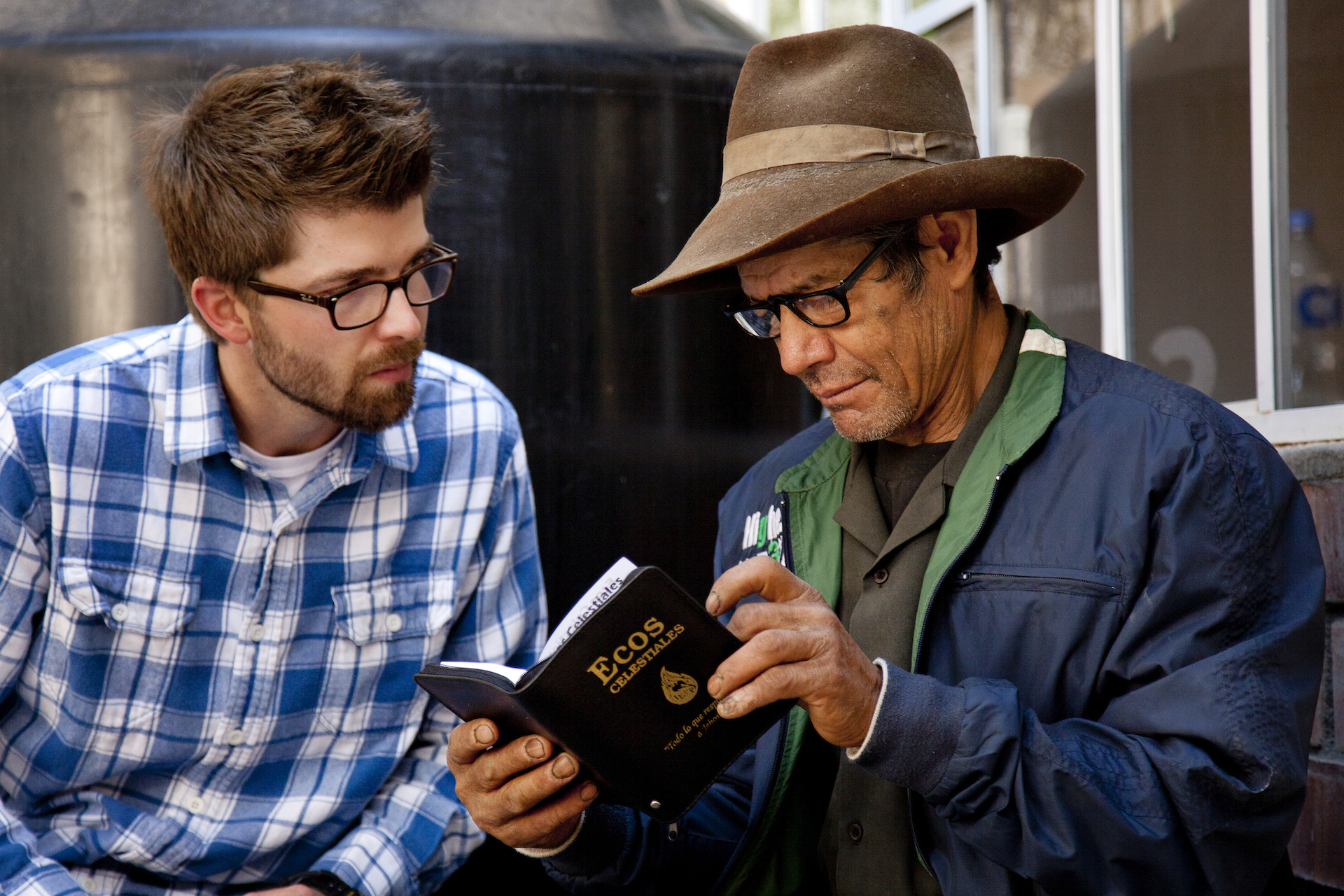
When we think about evangelism, we often think about sharing the gospel with people around us. Almost as often, we imagine those people are representatives of our own culture. People who show up to our churches’ events and those we engage along the highway of life are often culturally similar to us. This is not a bad thing—connecting and sharing the gospel with people who are like us is very natural.
However, men and women across North America and around the world are called to step over cultural gaps to connect with unreached peoples and share the gospel. In addition to language differences, these disciple makers will encounter individuals with a variety of worldviews, ethnicities, geographies, socioeconomic situations, education levels, and personal histories.
These eight guidelines may prove valuable for cross-cultural disciple making.
1. Be intentional
Evangelism rarely just happens. Intentionality is critical (John 4:4; Acts 16:13). Most people don’t find themselves in a restaurant next to a person who sneezes and responds to “God bless you. Actually, I was thinking about God the other day. What must I do to be saved?”
“Evangelism rarely just happens. Intentionality is critical.”
If believers have to work at becoming disciples every day, how much more do we need to work at discipling others, given the great cross-cultural challenges?
2. Learn as you go
Remain open to learning new things about other people, yourself, and the work of the Spirit. Take interest in the other person. Seek to understand him or her so as to best know how to speak truth to his or her heart.
Learning as you go also means you aren’t locked into a predetermined plan and are willing to adjust when necessary. What the Lord used to reach you with the gospel and grow you in the faith may not be the best method for reaching and teaching others. Be sensitive to the Spirit’s leadership in the moment based on what you hear from the other person (Prov. 18:13).
Admit you don’t know everything. If someone asks you a question you can’t answer, it’s okay to say, “That is a great question. I will try to find the answer for you.” This transparency shows others that following Jesus doesn’t make you a know-it-all, and you care enough about the person to do some research and follow up with him or her.
3. Be willing to make mistakes
Expect them to happen. Know that the Spirit will work through your inadequacies. Most people are understanding and forgiving. Immigrants to this country generally expect people to be unaware of their customs, traditions, and faux pas. And if we are the newcomers to their countries, they will often overlook our blunders.
We must learn to laugh with them at our mistakes. Apologize, ask for help, and move on. Realize that overcoming future mistakes depends on your willingness to learn the other person’s culture.
“Expect mistakes to happen. The Spirit will work through your inadequacies.”
4. Recognize the bridges of God
Our sovereign Lord establishes social opportunities for us to share the gospel (John 4:39). These relationships take the gospel further and faster than we can carry it. Once we engage in these opportunities, cultural gaps tend to become smaller.
5. Look for receptivity
We are to share the gospel with everyone. However, we also are to be wise stewards with the time, energy, resources, and opportunities the Lord has provided, as the early disciples did (Acts 18:5–8). Ask, “Who is the most receptive to what we are saying?” Even among those resistant to the gospel, we can find those who are less resistant than others. Unless the Spirit is leading in another direction, we should spend more time with the more receptive people.
6. Pray for all things
It’s foolish to believe disciple making can be accomplished by our ingenuity. We are engaged in a supernatural battle. Although Jesus promised to build his church (Matt. 16:18), we must remember that he is the builder. We need to pray for ourselves. We need others to pray for us (Col. 4:3–4). We need to pray for those with whom we are sharing the gospel.
7. Find a connecting point
As you get to know people, find common ground on which to build gospel conversations. Jesus and the early disciples began where people already were in their spiritual journeys (Acts 8:30). Contrary to popular belief, most people in the world don’t avoid conversations about religion and politics. Start by discussing hometowns, foods, families, and sports. Learn to drink tea or coffee—rituals that create a natural opportunity for gospel conversations.
8. Preach the gospel
Ultimately we aim to direct people to repentance toward God and faith in the Lord Jesus (Acts 20:21). This is the core idea behind the Great Commission. Learning about other cultures, sharing our testimonies, and talking about families over a meal are valuable activities, but people do not enter God’s kingdom because of our friendship or influence. We must preach the gospel.

